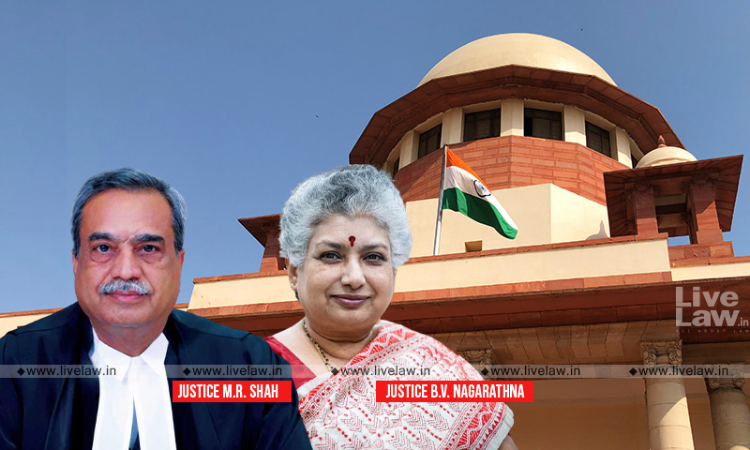Subsequent SC Decisions Which Have Considered & Distinguished Earlier Judgments Binding On High Courts : Supreme Court
Ashok KM
16 July 2022 3:39 PM IST

Next Story
16 July 2022 3:39 PM IST
The Supreme Court observed that its subsequent decisions which have considered and distinguished the earlier decisions are binding on High Courts.Not following the binding precedents of this Court by the High Court is contrary to Article 141 of the Constitution of India, the bench comprising Justices MR Shah and BV Nagarathna said.In this case, the High Court of Karnataka set aside the...
